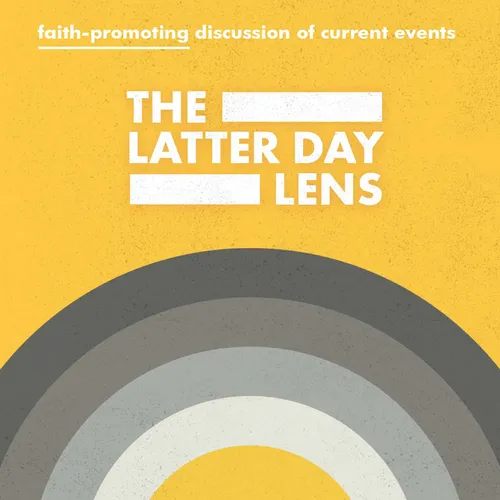March 22, 2023; Bank Failures, Losing with Grace, Arctic Drilling, Imperfect People as Prophets
- Author
- Shawn, Sam, & Matt
- Published
- Wed 22 Mar 2023
- Episode Link
- None
- Elizabeth Warren argued recently that if Republicans had not loosened regulations on mid-major banks in 2018, SVB and Signature Bank would not have failed. The text of the bill is here. Title IV of the law specifically increased the asset threshold at which company-run stress tests are required, from $10 billion to $250 billion and allows them to invest a higher percentage of deposits. She also blamed Fed Chair Jerome Powell’s lackadaisical attitude toward regulation for some of the failures. If The Fed had conducted stress tests more frequently, they would have noticed the problems at Silicon Valley Bank and could have required them to keep more of their assets liquid to prevent a run on the bank. Doesn’t the failure of these banks prove that government regulations are necessary to prevent banks from being too risky with investor assets? Every business would prefer less regulation, they never think that they will fail. Does the government have a moral obligation to regulate companies and protect consumers?
- On the one hand, we want government affairs to be conducted openly and in public view. Recently, a judge has asked to keep information about a hearing on the abortion pill quite. He is concerned about his own personal security. This judge’s ruling will influence the access to abortion pills in the United States. Some people have the means to try to influence the courts through legal briefs, but others do not. The courts have a strong influence on public policy in the United States. Between 1945 and 2004, federal courts made or influenced nearly one in four significant federal policy changes. Most of us aren’t lawyers. Most of us don’t know how to influence policy in the courts. When a person cares a lot about an issue, but they feel powerless, they are likely to choose more extreme forms of political participation. What is the appropriate moral response to situations in which we strongly disagree with others? How should we try to influence policy coming through the courts? Political Science suggests that media attention and public opinion can influence court decisions.
- Biden recently approved The Willow Project. It allows ConocoPhillips to drill for oil on Alaska’s North Slope in the National Petroleum Reserve. Alaska Natives closer to the project oppose it out of concern about the health and environmental impacts of a major oil development. Setting aside climate change, what moral obligation does the US government have to the Native people who will see their community change as a result of this drilling? We are industrializing a space from its natural state contrary to the will of the local population. Is this morally wrong?
Big Question for debate:
Recent work suggests that Brigham Young may have been the source of the policy that denied people of African descent from receiving the Priesthood
